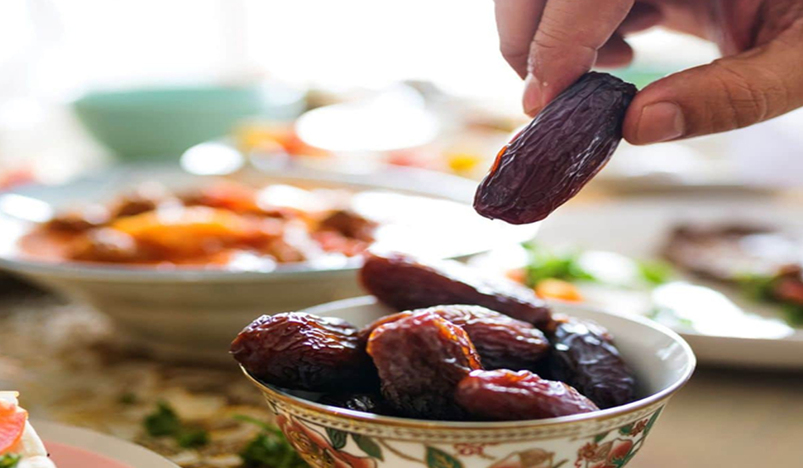
Who is exempted from fasting during Ramadan?
The holy month of Ramadan is coming. Muslims around the world are set to begin their 30-day fast. But, what is fasting and why Muslims do it during Ramadan?
Fasting is to abstain from all or some kinds of food or drink, especially as a religious observance.
From sunrise to sunset many Muslims will not eat or drink anything, believing that this will bring themselves closer to Allah.
As one of the Five Pillars of Islam, fasting is compulsory for most. However, there are exemptions for those who are unable to observe it.
Are you an expat worker in Doha? Or still planning to apply for jobs in Qatar? There are important things you need to know about Ramadan. So, when you work in this country, you will be aware of its religious activities. Read this article for more details: What You Need to Know About Ramadan: Qatar Expat Workers Guide
The following standards explain why people might be excused from fasting during Ramadan 2021:
• Illness
Those who are sick do not have to fast during Ramadan. This includes:
- mental illness
- physical illness
- those on medication
The exemption exists over fears that fasting could make the person's illness worse or slow down their recovery.
"It's not always as clear cut as it always appears to be. For example, if you're suffering acute or bad mental health, a lot of scholars and religious teachers say you're exempted from fasting," says Journalist Shafi Musaddique.
Looking for job opportunities in Qatar this Ramadan? Submit your CV and apply now with the help of a recruitment firm with expertise in outsourcing in Qatar.
• Children
Prepubescent children do not have to fast, however some do choose to while others fast for half a day.
If puberty is delayed, fasting is obligatory after a certain age.
• Breastfeeding mothers
Mothers who are breastfeeding are also exempted from fasting, because babies need a lot of nutrition while young.
"Babies get really, really hungry and they want to drink a lot of milk. Mums need a lot of nutrition, lots of hydration so mums are exempt if they are breastfeeding and feel they can't fast," says Love in a Headscarf author Shelina Janmohamed.
• Pregnant women
If you are pregnant you are not expected to fast, in case the fasting causes harm to the unborn baby.
"When you're pregnant you get really tired, really thirsty, really hungry. The baby needs nourishment and so you don't have to fast if you feel you can't manage while you're pregnant," adds Janmohamed.
• Menstruating women
A hadith says that menstruating women are forbidden from observing the fast.
"People who are exempt from fasting are elders, people who are sick, also women who are menstruating or pregnant, or breastfeeding mothers," says Broadcast journalist Hanan Bihi.
Women who are on their period are also excused from praying as well.
• The elderly
Elderly people who could find fasting too strenuous are also exempt as it could make them ill.
However, the elderly person who does not fast is expected to feed a poor person every day that they break the fast.
• People who are travelling
Those who are travelling and are going to spend some time away from home, are not required to fast.
Whether you are fasting or not, celebrate Ramadan 2021 safely and peacefully with your family and friends.
.jpg)
Qatar Secures Place Among the World's Top 10 Wealthiest Nations
.jpg)
Hamad International Airport Witnesses Record Increase in Passenger Traffic

Saudi Arabia: Any visa holder can now perform Umrah

What are Qatar's Labour Laws on Annual Leave?
Leave a comment